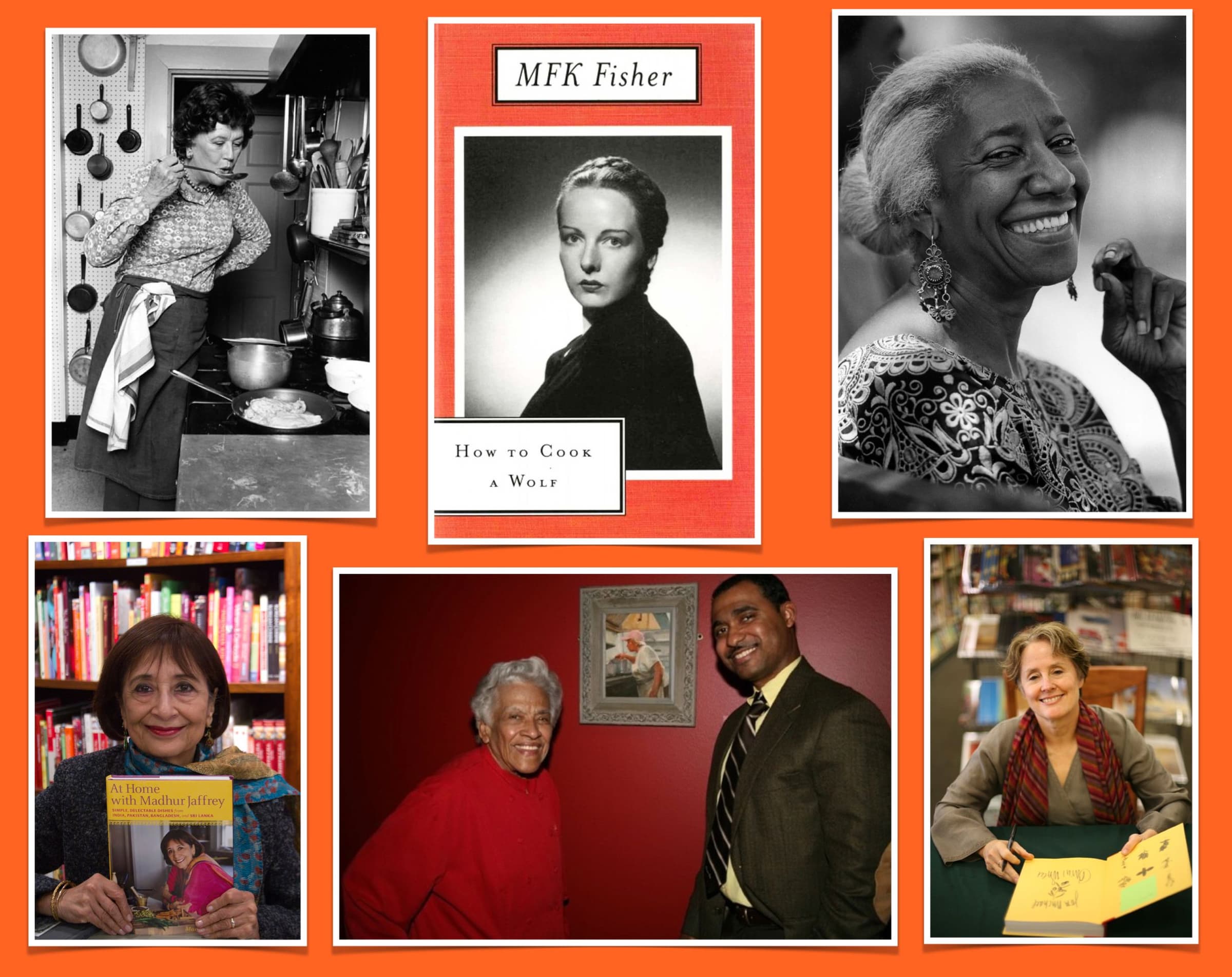Women in Food History
When we think about influential women in history, we default (rightfully) to activists, writers, artists, leaders, and scientists — big changemakers. Many of us have benefited from the strides made by Marie Curie, Rosa Parks, Margaret Sanger, Helen Keller, and Maya Angelou, to name just a few.
But in all of those “Most Influential Women in History” lists, you won’t find a female chef, restaurateur, or food writer. Perhaps those list makers see food as something less noteworthy, revolutionary, or life changing. Or that women’s roles in cooking were simply obligatory, expected matters of domesticity and thus not particularly remarkable. Certainly not like their male counterparts in professional kitchens — the boys’ club.
But women have been shaping the way we eat, cook, and think about food for generations. Here are just a few whose influences are undoubtedly, and particularly, remarkable:
M.F.K. Fisher
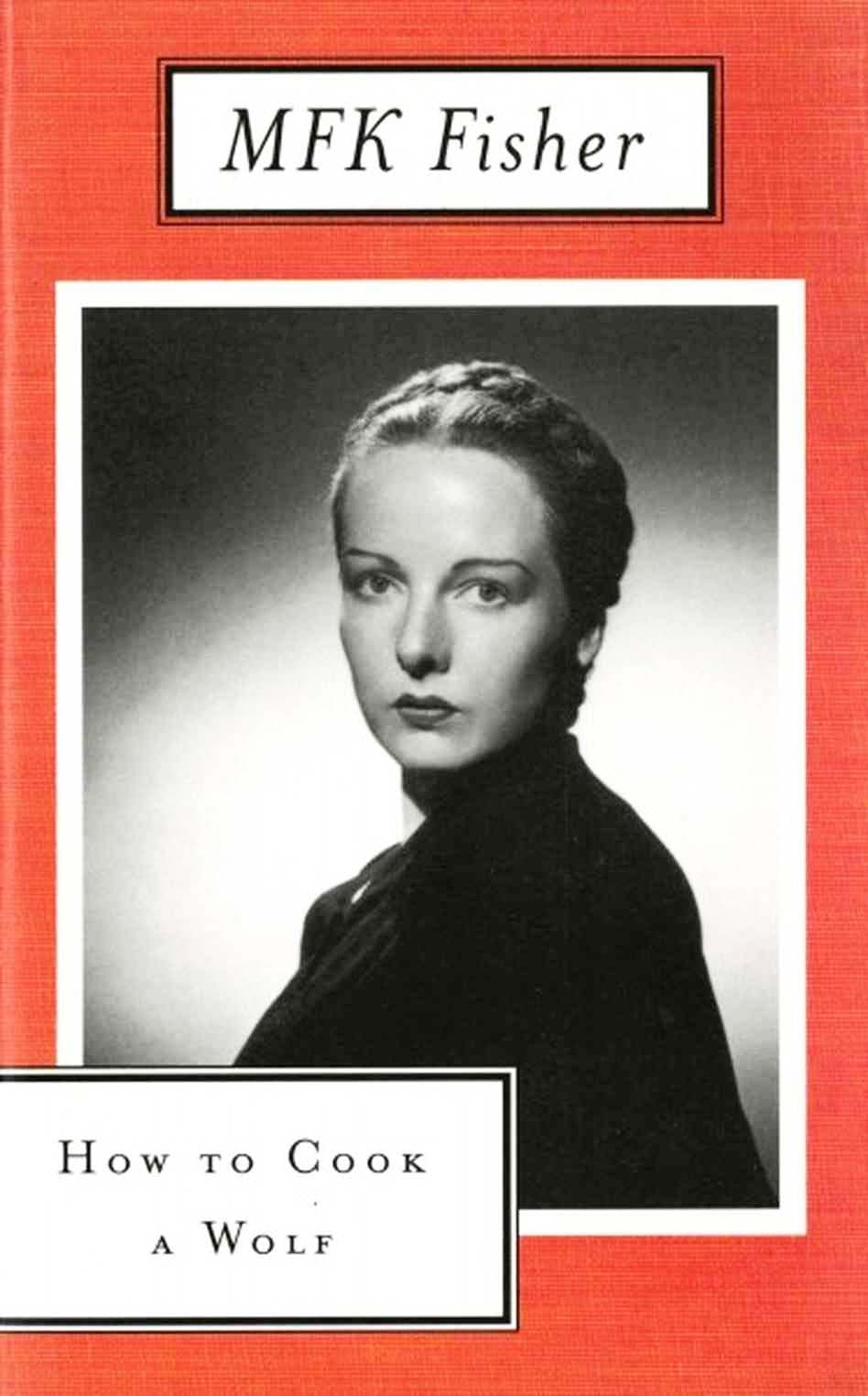
The author of more than 20 books and countless articles, Mary Frances Kennedy (M.F.K.) Fisher wrote beautifully personal essays about life and love and hunger and longing, using food as a metaphor that inextricably binds these themes together. In The Gastronomical Me, she writes:
"It seems to me that our three basic needs, for food and security and love, are so mixed and mingled and entwined that we cannot straightly think of one without the others. So it happens that when I write of hunger, I am really writing about love and the hunger for it, and warmth and the love of it and the hunger for it… and then the warmth and richness and fine reality of hunger satisfied… and it is all one."
Leah Chase
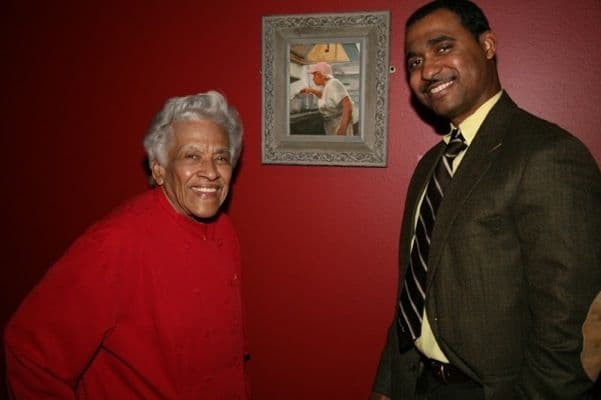
Known as the “Queen of Creole Cuisine,” Leah Chase was a chef, restaurateur, cookbook author, and civil rights activist. She and her husband, Edgar “Dooky” Chase ll, opened the famed Dooky Chase’s Restaurant in New Orleans where she broke the city’s segregation laws by seating black and white diners together. In her nearly 60 years as a chef she fed leaders and luminaries, and created a safe space for civil rights workers, activists, and artists to meet and eat. Like the gumbo she was famous for — gumbo, meaning mixture or mélange — she brought people together to make something greater than the sum of its parts. She put Creole cooking on the map and sparked the country’s fascination with the traditional foods of New Orleans.
Julia Child
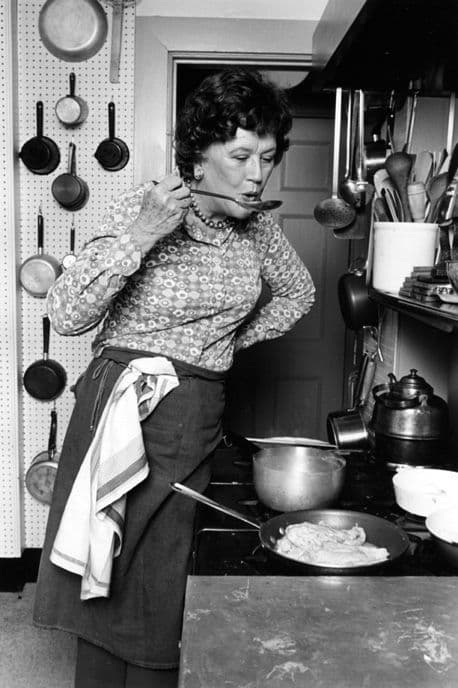
Julia Child has more than earned her place in the pantheon of culinary greats. In the 1960s, she introduced the country to French cuisine with her groundbreaking book, The Art of French Cooking, where she adapted complicated, esoteric recipes for a more mainstream audience. I still have my mom’s first edition, dog-eared and stained, and will surely pass it on to my own kids. In her television show, The French Chef, she taught and inspired scores of men and women to cook without fear and to enjoy doing it.
As the saying goes, never meet your heroes (or you’ll inevitably be disappointed). But I had the honor of cooking for Julia Child's 80th birthday party at the home of a former Food and Wine editor-in-chief. After dinner was over, Julia and I shared the elevator to the lobby and I was completely dumbstruck. She graciously asked in her characteristic warble, “Who made that looovely dessert?” After what felt like an eternity, I managed, red-faced and reeling, to croak out, “I did.” Maybe she was being polite, but like all great cooks, I think she appreciated being the guest at someone else’s table for a change.
Madhur Jaffrey
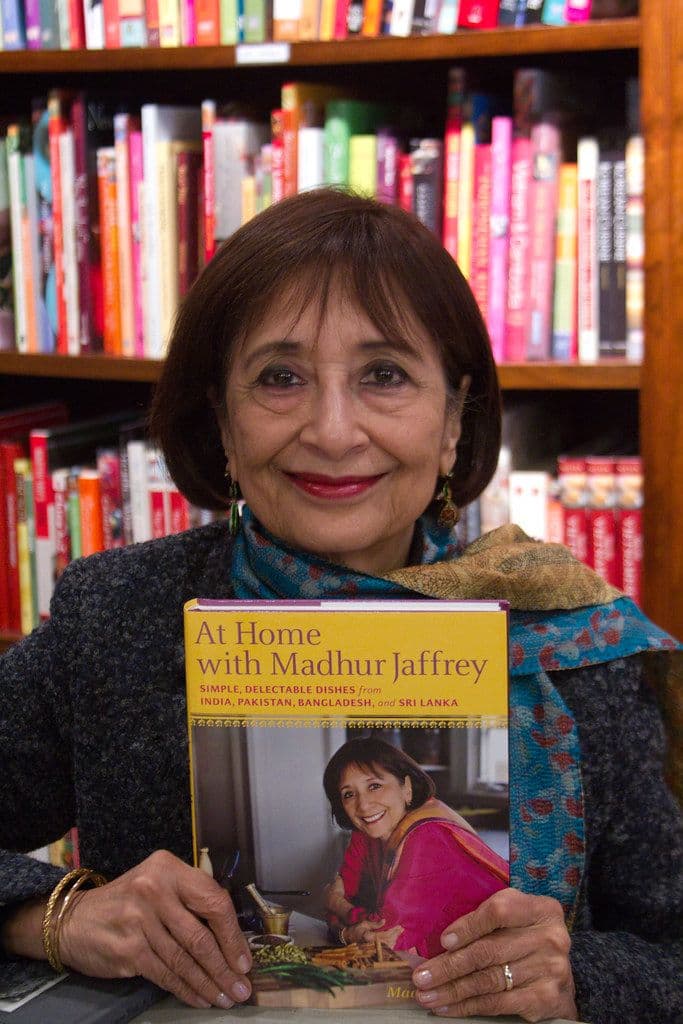
Madhur Jaffrey is an Indian cookbook author, TV chef, and actress. With her 1973 book, An Invitation to Indian Cooking, she brought this relatively unexplored cuisine to America and introduced us to the wide and varied regions of Indian cooking. Jaffrey has instilled a deep appreciation for the subtle, nuanced flavors of Indian cooking, and she paved the way for a new generation of South Asian recipe developers and food writers to bring an even deeper understanding of the cuisine.
Edna Lewis
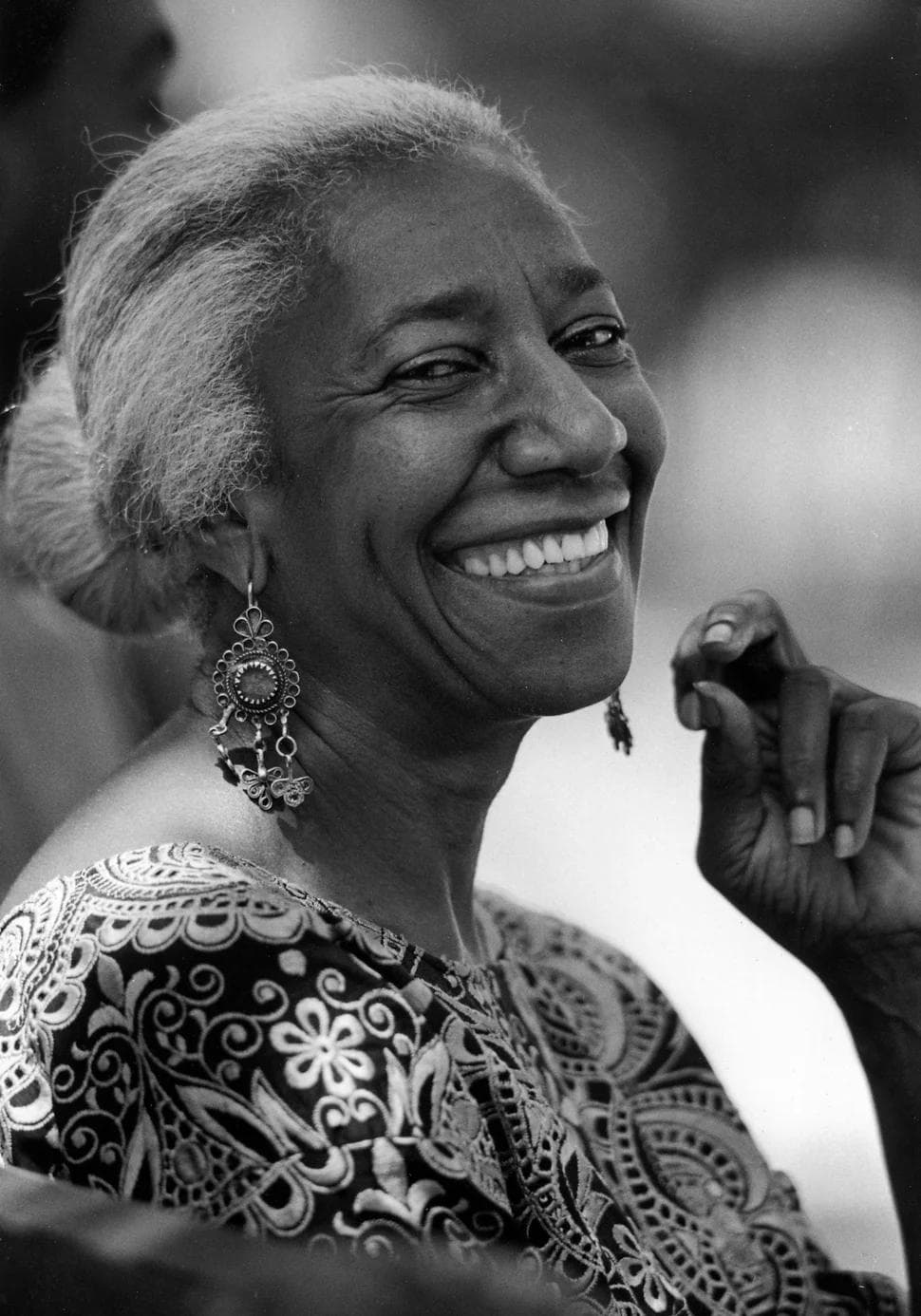
What Julia Child did for French cooking and Madhur Jaffrey did for Indian cooking, Edna Lewis did for Southern cooking. Renowned chef, restaurateur, activist, and writer, Edna Lewis refined and redefined Southern cuisine in America.
Lewis grew up in Freetown, Virginia, a rural farming community settled by emancipated slaves, her grandparents included. They relied almost exclusively on simple, local, and seasonal ingredients — the foundation for her life’s work. In the 1940s she opened a restaurant, Café Nicholson, in New York City where she served unpretentious but delicious Southern food. She later went on to write a seminal book on seasonal, Southern food, The Taste of Country Cooking. Part cookbook, part memoir, her voice is clear and lovely. She writes in the chapter entitled, simply, Spring:
"Spring would bring our first and just about only fish—shad. It would always be served for breakfast, soaked in salt water for an hour or so, rolled in seasoned cornmeal, and fried carefully in home-rendered lard with a slice of smoked shoulder for added flavor. There were crispy fried white potatoes, fried onions, batter bread,... blackberry jelly, delicious hot coffee, and cocoa for the children. And perhaps if a neighbor dropped in, dandelion wine was added."
Now that is a meal I’d have loved to share.
Alice Waters
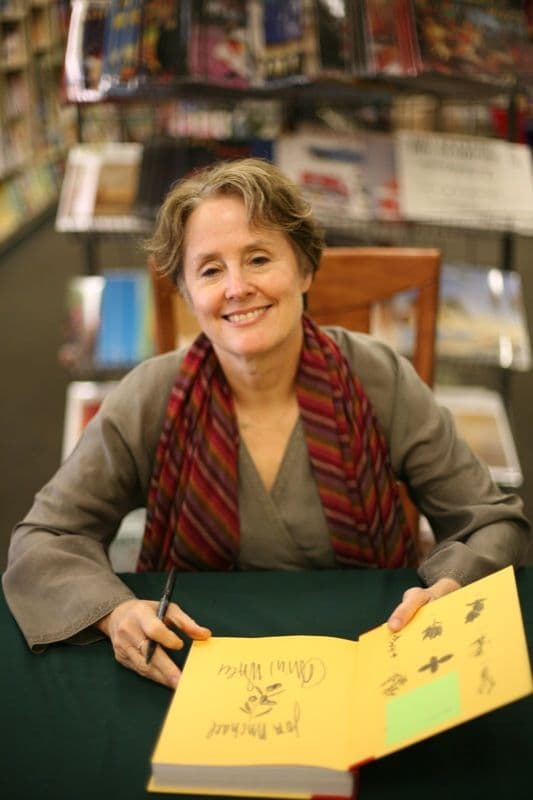
It’s hard to imagine the current food scene without Alice Waters. Restaurateur, author, and food activist, Alice is known for her pioneering use of fresh, local, and seasonal ingredients in fine dining. The farm-to-table ethos would not exist as we know it had it not been for the efforts of Alice Waters and her groundbreaking California restaurant Chez Panisse. She was the first woman named “Best Chef in America” by the James Beard Foundation in 1992. And in 1995, she established the Edible Schoolyard in Berkeley, California, a program designed to engage students in planting, harvesting, cooking, and eating garden-fresh foods as part of an integrated science, math, and civics curriculum.
These groundbreaking culinary queens blazed trails and influenced newer generations of women in food. I owe my entire career to these women — and more — whose passion, curiosity, and courage was not only contagious, it was a clarion call.
I’d love to hear about the women who’ve inspired you in your lives. Drop me a line at askgrace@sitkaseafoodmarket.com and share your stories.
-Grace

